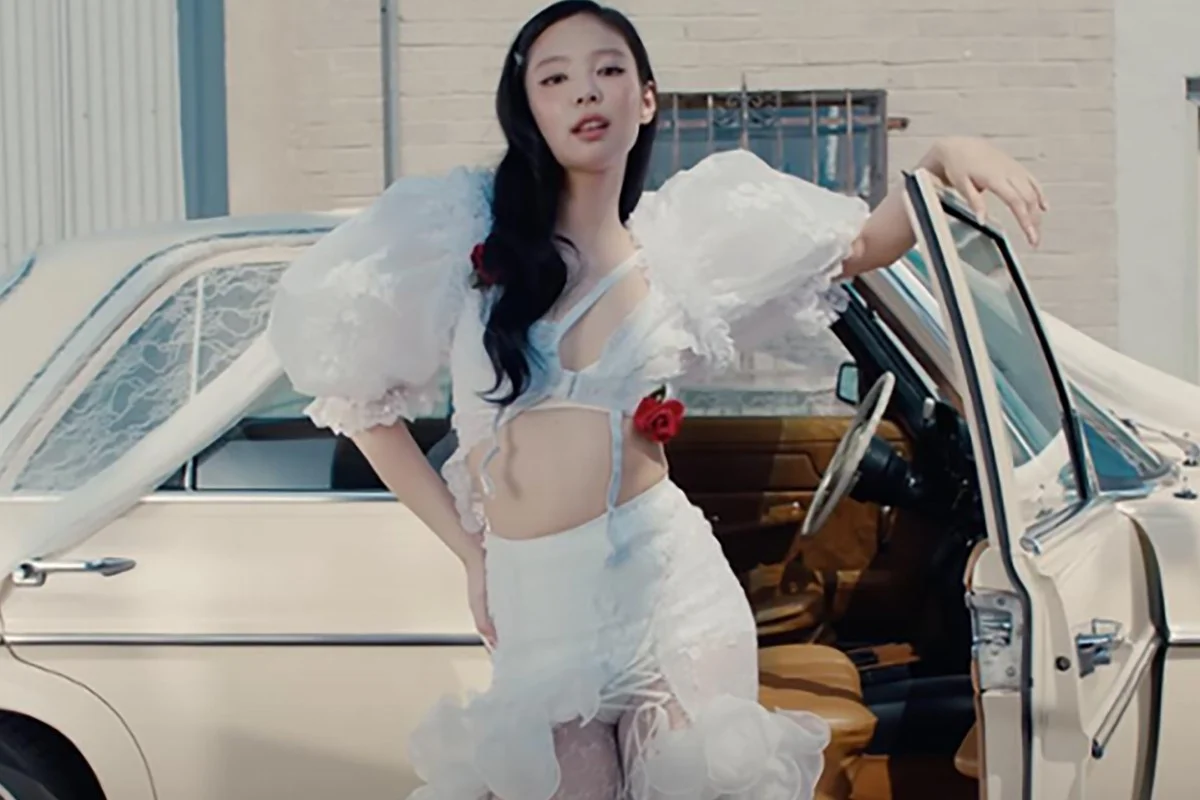Few things resonate as strongly as a song filled with confidence and self-affirmation, especially when it carries a message of female empowerment and solidarity. Jennie, a member of the globally popular K-pop group Blackpink, is one of the few artists currently pushing this message forward. Her recent singles, “Mantra” and “ExtraL” – the latter featuring Grammy-winning rapper Doechii – are unapologetically about self-determination and women’s empowerment. While the global reception has been largely positive, the reaction in South Korea has been more divided.
Jennie’s solo career truly began to take flight in October 2024 with the release of “Mantra.” In an interview, she explained that while Blackpink’s music typically revolves around themes of love and beauty, “Mantra” marks a shift towards celebrating self-love and confidently owning one’s charm. She shared that her new direction was about promoting confidence in a way that feels personal and empowering.
The collaboration with Doechii, released in February 2025, further solidified Jennie’s commitment to bold self-expression. “ExtraL” opens with the chant, “Do my, do my ladies run this, ladies run this?” establishing an anthem of empowerment from the start. The music video amplifies the message, depicting Jennie and Doechii, two women of color, confidently singing together while a white man remains sidelined, seemingly powerless.
However, not everyone in South Korea embraced Jennie’s new artistic direction. The feminist themes in her songs, particularly “ExtraL,” stirred heated debates in Korean online communities, often fueled by misogyny. Some critics argued that the songs alienated men and created unnecessary gender divisions. Others questioned whether Jennie’s empowering lyrics conflicted with her revealing clothing choices, suggesting that her outfits undermined the message of self-respect.
The controversy highlights South Korea’s struggle with incorporating feminist messages into popular music. Culture critic Kim Do-heon pointed out that the country’s history has not fostered a strong women’s rights movement, and gender-related issues in pop culture are still relatively rare. He noted that while K-pop idols like Jennie are now beginning to reflect their personal identities in their music, this is still a new and often uncomfortable development for many fans. Ultimately, Kim believes that K-pop must evolve to allow artists to express their true selves, without fear of being misunderstood or labeled.
READ MORE:
